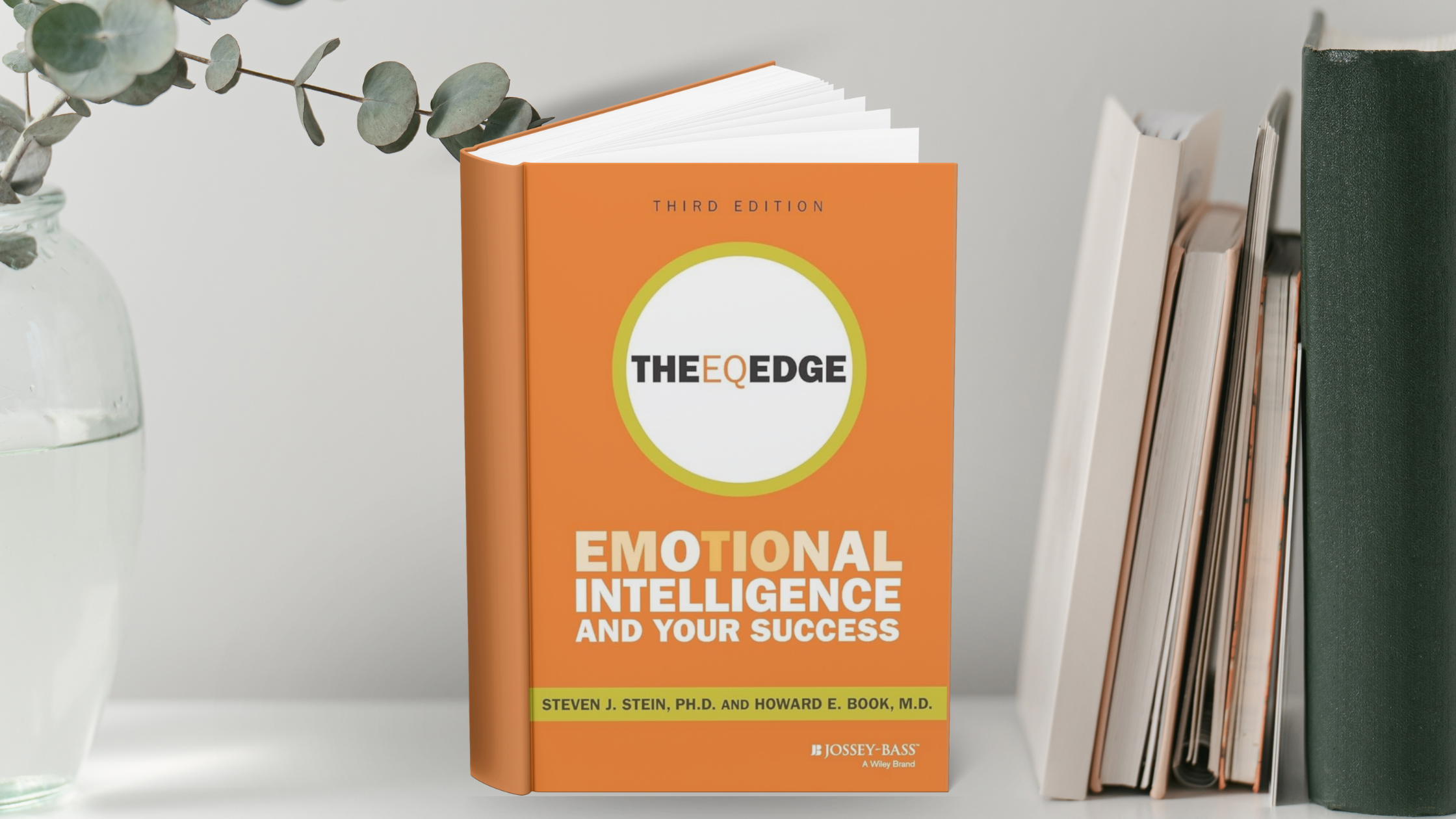
Small business CEOs are no strangers to uncertainty, but according to the latest Vistage CEO Confidence Index, the pressure is mounting. The Q1 report for 2025 showed economic uncertainty for CEOs of small businesses has returned to pre-election levels.
At The Metiss Group, we’ve developed proven strategies to help teams keep a level head when navigating uncertainty. Our program around emotional intelligence development improves decision-making not only for executives but also for their employees.
In this article, we’ll discuss the findings of the latest CEO Confidence Index and how EQ development can help you overcome those challenges.
What the Q1 CEO Confidence Index Reported
After a brief uptick, the index has slipped back to pre-election levels. This decline reflects mounting concerns over economic instability and the unpredictability of government policies.
Notably, 42% of CEOs now expect the economy to worsen in the year ahead, a significant jump from 13% just a quarter earlier. Tariffs and shifting trade policies are major contributors to this unease, with nearly 70% of CEOs reporting negative impacts from these changes.
Despite the downturn in confidence, some CEOs remain cautiously optimistic. While 31% reported hiring increases in the first quarter, 45% still plan to expand their workforce, though 14% anticipate reductions. This cautious approach underscores the volatile landscape businesses are navigating.
The Weight of Uncertainty at the Top
This kind of economic volatility doesn’t just shake balance sheets. It messes with headspace. And if you're a CEO, chances are you’re feeling the weight of needing to make smart, strategic moves while flying half-blind.
In my experience, this usually leads to hesitation in people-related investments — hiring gets put on hold, development budgets stall, and critical talent decisions get shelved with a vague “we’ll revisit this next quarter.”
But here’s the part that often gets missed: when CEOs are feeling uncertain, they’re not the only ones. Team members down the line are picking up on the tension, whether or not anyone says it out loud. And when there’s no clear narrative from the top, anxiety fills the vacuum. Some may even start quietly exploring exits.
Emotional Intelligence: The Underrated Stability Strategy
Now is not the time to freeze your people strategy. It’s time to make them smarter.
That’s where emotional intelligence (EQ) development becomes a stabilizing force.
At The Metiss Group, we’ve seen how intentional EQ development equips both executives and their teams to handle uncertain times with more clarity, better judgment, and less fear-driven decision-making. Let’s break that down:
EQ For Executives
Emotionally intelligent leaders are better equipped to recognize not just their own stress signals, but the subtle cues in their teams. They don’t need to “read minds,” but they do need to tune in. That sensitivity helps them craft messages that reduce ambiguity, offer reassurance, and clarify direction without false promises.
When a CEO says, “We’re being cautious with hiring right now, but we’re committed to transparency and to supporting our team through this,” that message lands differently than silence.
EQ also helps leaders check their own impulse to delay decisions indefinitely. When leaders can tolerate stress more effectively and process uncertainty without freezing, they’re more likely to make the people decisions that keep momentum alive, even if those decisions are tough ones.
EQ For Individual Contributors
This isn’t just a C-suite issue. EQ development across the team matters just as much. Why? Because fear isn’t limited to leadership.
We’ve worked with clients where high-performing individual contributors got spooked by a round of cost-cutting or vague messaging and jumped ship — often to a company that seemed more stable.
But if those same employees had stronger reality testing skills (a key piece of EQ), they might have paused to ask better questions: How has this leadership team handled downturns before? How did they treat employees during COVID? What’s the actual risk here?
People with higher EQ can slow down those fight-or-flight instincts. They’re more likely to seek context and facts before making big career decisions based on assumptions. That kind of internal steadiness makes a huge difference, not just for retention but for overall team cohesion.
What Next?
If the Vistage index is any indication, small business leaders are heading into another stretch of volatility. But resilience isn't just about riding it out. It’s about staying clear-headed enough to lead well through it.
EQ development offers a path to do just that. It helps leaders see more, hear more, and say what needs to be said — in ways their teams can trust. It also gives employees the tools to stay grounded, make rational decisions, and contribute meaningfully even when the road ahead isn’t clear.
At The Metiss Group, our program, The Emotional Intelligence Journey™, is designed to do just that. This program equips your employees with the tools to navigate emotions, enhance decision-making, and drive lasting success in every interaction.
Now that you understand how emotional intelligence development can help you navigate economic uncertainty in the workplace, the next step is to learn the challenges with developing emotional intelligence.






















